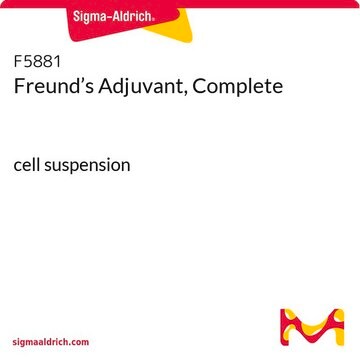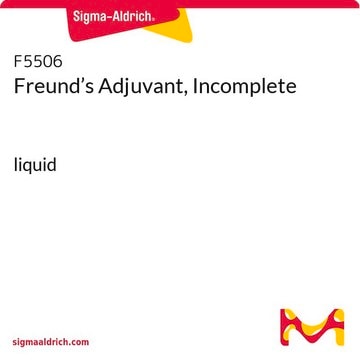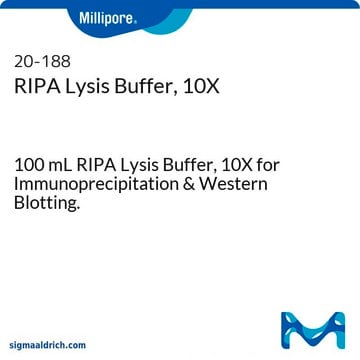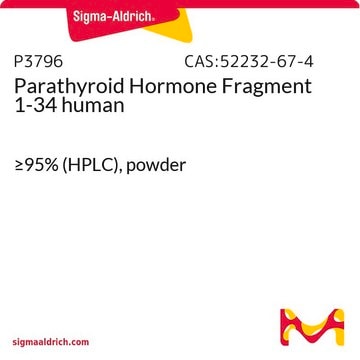P3921
Parathyroid Hormone Fragment 1-34 rat
≥97% (HPLC), powder
Sign Into View Organizational & Contract Pricing
All Photos(1)
About This Item
Empirical Formula (Hill Notation):
C180H291N55O48S2
CAS Number:
Molecular Weight:
4057.71
MDL number:
UNSPSC Code:
51111800
NACRES:
NA.32
Recommended Products
Quality Level
Assay
≥97% (HPLC)
form
powder
UniProt accession no.
storage temp.
−20°C
Gene Information
rat ... Pth(24694)
Looking for similar products? Visit Product Comparison Guide
Amino Acid Sequence
Ala-Val-Ser-Glu-Ile-Gln-Leu-Met-His-Asn-Leu-Gly-Lys-His-leu-Ala-Ser-Val-Glu-Arg-Met-Gln-Trp-Leu-Arg-Lys-Lys-Leu-Gln-Asp-Val-His-Asn-Phe
Application
Parathyroid Hormone Fragment 1-34 rat has been used to study the in vivo effect of parathyroid hormone (PTH) on the intestinal HCO3-secretion in rats. It has also been injected into rats to increase PTH levels and study its effect on the high-phosphate diet-induced elevation of blood pressure.
Biochem/physiol Actions
Parathyroid Hormone Fragment 1-34 is a parathyroid hormone (PTH) analog. It is implicated in the stimulation of intracellular cAMP accumulation and it induces osteocalcin (OC) promoter activity.
Other Notes
Lyophilized from 0.1% TFA in H2O
Storage Class Code
11 - Combustible Solids
WGK
WGK 3
Flash Point(F)
Not applicable
Flash Point(C)
Not applicable
Personal Protective Equipment
dust mask type N95 (US), Eyeshields, Gloves
Choose from one of the most recent versions:
Certificates of Analysis (COA)
Lot/Batch Number
Don't see the Right Version?
If you require a particular version, you can look up a specific certificate by the Lot or Batch number.
Already Own This Product?
Find documentation for the products that you have recently purchased in the Document Library.
X P Yu et al.
Endocrinology, 138(8), 3085-3092 (1997-08-01)
Osteocalcin (OC) is a bone-specific extracellular matrix protein expressed by mature osteoblasts during late stages of differentiation. Previous studies have shown that forskolin, an activator of adenylate cyclase, stimulated OC production. Because PTH has been shown to activate several intracellular
Narattaphol Charoenphandhu et al.
Biochemical and biophysical research communications, 409(4), 775-779 (2011-05-31)
Parathyroid hormone (PTH) was recently demonstrated to enhance the HCO(3)(-) secretion through the apical anion channel, cystic fibrosis transmembrane conductance regulator (CFTR), but how the HCO(3)(-) entered the epithelial cells was not well understood, in part, due to the lack
Milica Bozic et al.
Journal of hypertension, 32(9), 1822-1832 (2014-07-01)
There is growing evidence suggesting that phosphate intake is associated with blood pressure levels. However, data from epidemiological studies show inconsistent results. The present study was designed to evaluate the effect of high circulating phosphorus on arterial blood pressure of
Our team of scientists has experience in all areas of research including Life Science, Material Science, Chemical Synthesis, Chromatography, Analytical and many others.
Contact Technical Service

